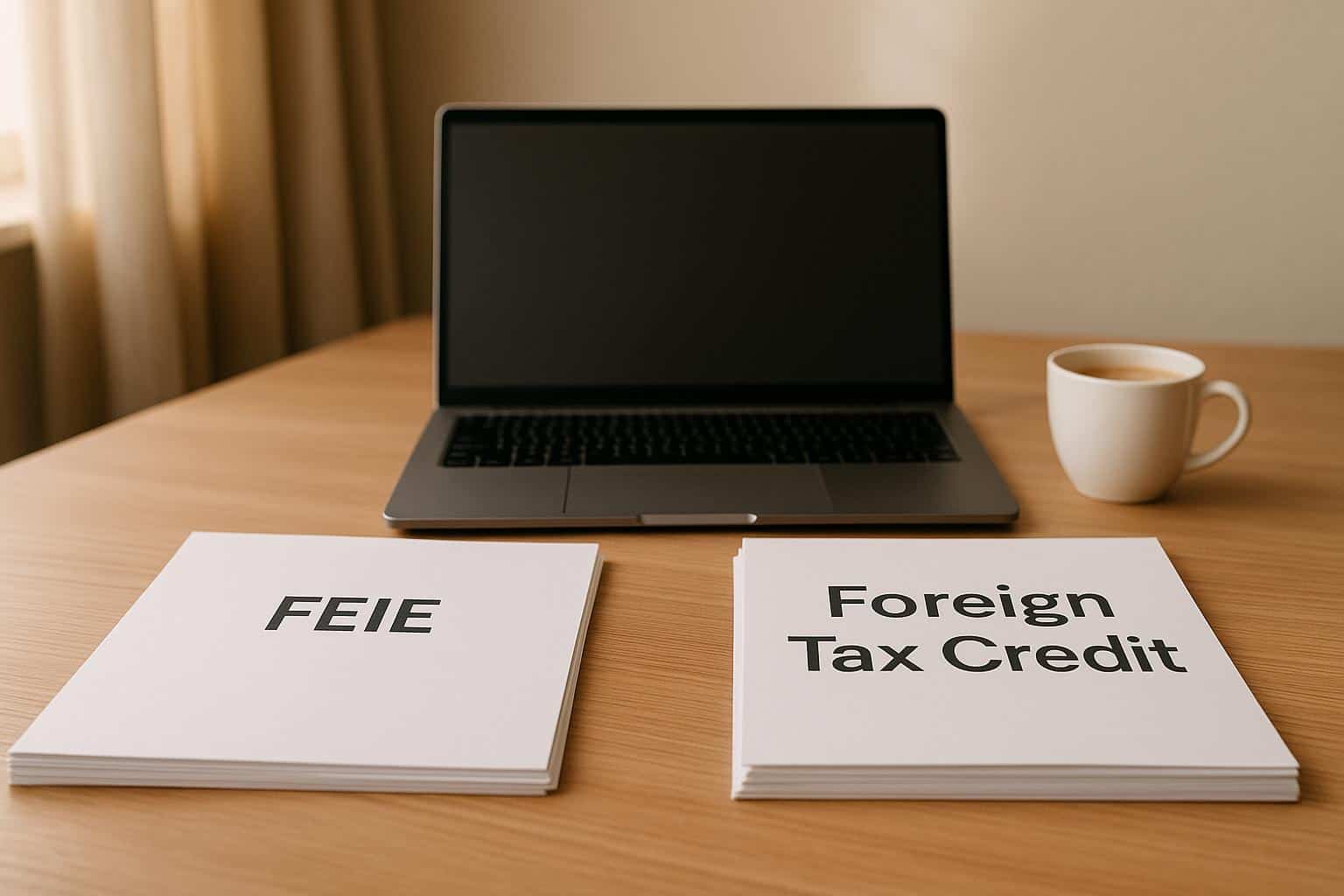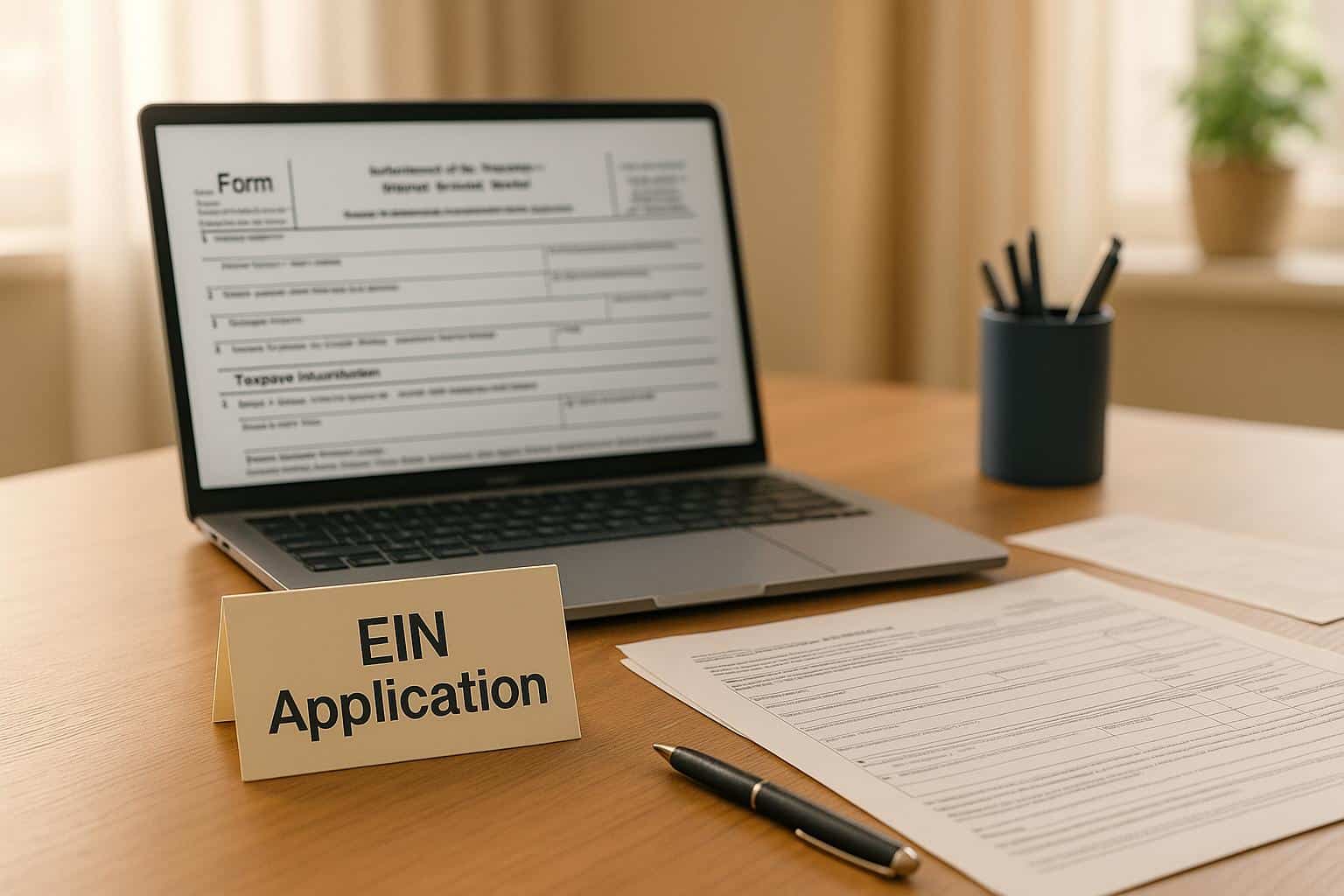Shakira’s legal battle with Spanish tax authorities over $15.8 million in alleged unpaid taxes from 2012 to 2014 resulted in a settlement, avoiding an eight-year prison sentence and $26 million in fines. Prosecutors claimed she spent over half the year in Spain, making her a tax resident, while Shakira maintained she lived primarily in the Bahamas. A second investigation accused her of underpaying $7.2 million in 2018 taxes. Ultimately, she paid $7.5 million in fines and accepted a suspended sentence, prioritizing her children’s well-being over prolonged litigation.
Key takeaways for entrepreneurs navigating international tax laws:
- Understand tax residency rules: In Spain, spending over 183 days annually can trigger global income taxation.
- Keep detailed records: Document time spent in each country and financial activities to counter residency claims.
- Seek expert advice: Legal and tax professionals can help resolve disputes and ensure compliance.
Shakira’s case highlights the financial and legal risks of international tax disputes and the importance of proactive planning.
How International Tax Laws Work
Navigating international tax laws can get complicated, especially when multiple countries claim the right to tax the same individual’s income. Shakira’s case is a prime example of how intricate these rules can become, particularly when dealing with cross-border income and residency.
Spanish Tax Residency and Global Income Rules
Spain determines tax residency based on a few straightforward criteria. If someone spends more than 183 days in Spain during a calendar year, has their main economic activities or interests rooted in Spain, or has a Spanish spouse (not legally separated) and underage dependent children living in Spain, they are considered a Spanish tax resident.
Every day spent physically in Spain counts toward that 183-day threshold. Even temporary absences are included unless the individual can prove tax residency elsewhere. Once the threshold is crossed, Spain considers the person a full tax resident for the year, and they must declare their worldwide income to Spanish tax authorities. Non-residents, on the other hand, are only taxed on income earned within Spain.
Spain’s progressive tax system underscores the stakes for residents:
| Income Range (EUR) | Tax Rate |
|---|---|
| €0 – €12,450 | 19% |
| €12,450 – €20,200 | 24% |
| €20,200 – €35,200 | 30% |
| €35,200 – €60,000 | 37% |
| €60,000 – €300,000 | 45% |
| Over €300,000 | 47% |
With a top rate of 47%, plus potential adjustments by autonomous communities, tax obligations can be hefty for high earners. For individuals like Shakira, Spain offers a special tax regime known as the "Beckham Law." This allows qualifying new residents to be taxed as non-residents for up to six years, paying a flat 24% rate on Spanish-sourced income up to €600,000.
On the other side of the Atlantic, U.S. tax rules paint a very different picture for global entrepreneurs.
U.S. Tax Rules for Entrepreneurs with Global Operations
Unlike Spain, the U.S. taxes its citizens on worldwide income no matter where they live. This approach differs fundamentally from Spain’s residency-based system. Additionally, U.S. citizens and resident aliens must report foreign financial accounts if their total value exceeds $10,000.
To mitigate the risk of double taxation, the U.S. offers tools like the Foreign Earned Income Exclusion (FEIE) and the Foreign Tax Credit (FTC). The FEIE allows eligible individuals to exclude up to $130,000 of foreign-earned income from U.S. taxes in 2025. To qualify, one must meet either the Physical Presence Test or the Bona Fide Residence Test. Meanwhile, the FTC provides a dollar-for-dollar credit for taxes paid to foreign governments, which can be a major relief for those operating in high-tax countries like Spain.
Comparing the two systems highlights some key differences. Spain’s top tax rate peaks at 47%, while the U.S. federal top rate is 37%. U.S. citizens, however, remain tied to their tax obligations even while living abroad. Filing processes also vary: Spain’s tax season typically runs from April 1 to June 30, whereas the U.S. grants automatic extensions for expats. Additionally, U.S. taxpayers with foreign accounts and assets face extra reporting requirements.
As governments crack down on tax avoidance, compliance has grown more complex. Tax underpayment by multinational corporations and wealthy individuals could cost governments nearly $5 trillion over the next decade. In 2023, over 36 jurisdictions adopted Global Minimum Tax measures. The IRS has also expanded its reach, maintaining a database of over 450,000 Foreign Financial Institutions across 232 countries.
For entrepreneurs working across borders, keeping detailed records is non-negotiable. Properly tracking time spent in each country, documenting business ties, and understanding the requirements for benefits like the FEIE can help avoid costly errors. The stakes are high, but preparation is key to staying compliant.
Shakira’s Legal Defense and Settlement Approach
Shakira’s tax dispute with Spain serves as a high-profile example of how individuals can challenge traditional tax residency assumptions in cross-border cases.
Challenging Residency Claims and Defense Arguments
Shakira’s defense revolved around the assertion that she was not a Spanish tax resident during the contested period of 2012–2014. Spanish authorities claimed she owed $15.8 million in unpaid taxes, but her legal team argued she spent only 60 days per year in Spain – well below the threshold for tax residency. To strengthen their case, they highlighted her extensive touring schedule and her commitments as a co-judge on The Voice in the United States, emphasizing her time was spread across multiple countries rather than concentrated in Spain.
Her team also pointed out that her official domicile was in the Bahamas, and her financial ties to Spain only solidified in 2014 when her child began attending school there. Shakira herself challenged the criteria used to establish residency, calling them outdated and biased. She remarked:
"A person cannot intend to be a tax resident in a place just because the person she is in a relationship with at that time lives there."
This argument, combined with evidence of her global lifestyle, formed the backbone of her defense and set the stage for settlement discussions.
Settlement Negotiations and Risk Management
Although her legal team had built a strong case, they ultimately opted for a settlement to avoid the risks of a prolonged trial. Initially, prosecutors sought a prison sentence of eight years and two months, along with a $26 million fine. However, Shakira negotiated a deal that included a suspended three-year sentence and an $8 million fine.
Defense lawyer Miriam Company explained the reasoning behind this decision:
"Her legal team had prepared the trial and were convinced we could demonstrate her innocence, but the circumstances changed and (Shakira) opted to accept the deal."
Shakira also prioritized her family, stating:
"I have made the decision to finally resolve this matter with the best interest of my kids at heart who do not want to see their mom sacrifice her personal well-being in this fight."
This resolution highlights the delicate balance between pursuing legal vindication and managing the emotional and practical toll of an extended legal battle.
Building a Strong Legal Team with Expert Support
Once the decision to settle was made, Shakira relied on a team of seasoned legal and tax professionals to navigate the complexities of international tax law. Her case underscores the importance of specialized expertise when dealing with intricate cross-border tax issues. Throughout the process, she followed expert advice to remain fully compliant with the law.
Tax attorneys play a critical role in such cases, offering guidance on complex regulations and helping clients understand their rights. Their expertise often extends to areas like corporate transactions, estate planning, and tax litigation. In Shakira’s case, staying informed about tax laws across jurisdictions – including Spain, the Bahamas, and the U.S. – was crucial.
For business owners and entrepreneurs facing similar challenges, the lesson is clear: consulting with tax or financial advisors can help you understand your obligations and avoid costly errors. Shakira’s approach – a combination of strong legal arguments, strategic decision-making, and expert guidance – provides a valuable example of how to resolve international tax disputes effectively. Having a robust legal and advisory team is essential for navigating these high-stakes situations.
Tax Compliance Lessons for Entrepreneurs
Shakira’s $15 million tax dispute with Spain serves as a cautionary tale: even the strongest legal arguments can crumble under the weight of complex and costly cross-border tax disputes. The lesson? Preventing issues through thorough compliance is far easier – and less expensive – than resolving disputes after they arise.
Tax Compliance Best Practices
The foundation of effective tax compliance is understanding your obligations in every jurisdiction where you operate. In Shakira’s case, the focus was on Spanish tax residency rules, but entrepreneurs face similar challenges when navigating international tax laws. One key to staying ahead is keeping detailed financial records, which can be crucial if authorities question your residency status or income sources.
Ivana Veljanovska, a Content Specialist, highlights the importance of preparation: "Tax reporting is all about staying informed about local regulations, simplifying the process where you can, and having the right people and systems in place to help". This underscores the value of a centralized compliance strategy – one that ensures consistency across multiple jurisdictions rather than handling each one separately.
To avoid last-minute scrambles, regular audits and risk assessments are essential. Conducting internal reviews helps consolidate and verify documentation, keeping you prepared for any inquiries from tax authorities.
Tax laws are constantly changing, so staying informed is an ongoing effort. What worked last year might not apply this year. Working with local tax advisors in each country can help you stay updated on rule changes that could affect your business.
Digital tools can also simplify compliance, making it easier to manage complex requirements.
Using Business Tools for Compliance and Documentation
Technology offers powerful solutions for streamlining tax compliance. Tax automation software can handle intricate calculations for multiple jurisdictions, generate accurate reports, and ensure timely filings – all while reducing the risk of manual errors that might trigger audits.
For entrepreneurs, maintaining comprehensive records of travel, business activities, and finances is critical. Integrated business platforms can simplify this process by centralizing documentation in one place.
Take BusinessAnywhere, for example. Its suite of tools supports compliance efforts in several ways:
- A virtual mailbox service ensures you never miss important tax correspondence.
- A document management dashboard keeps all records organized and easily accessible.
- Registered agent services provide a consistent U.S. address for official communications, helping establish a clear business presence.
- A remote online notary service allows you to execute essential tax and legal documents from anywhere, even across time zones.
These tools not only automate routine tasks but also reinforce best practices, making compliance less daunting.
International Business Structure Options
Shakira’s case highlights another key issue: the importance of choosing the right business structure to manage international tax risks. The structure you select impacts your tax obligations, liability protection, and compliance requirements. Aligning your business structure with your international goals is crucial.
| Business Structure | Tax Treatment | Liability Protection | International Considerations |
|---|---|---|---|
| Sole Proprietorship | Personal income tax, self-employment tax | No protection – unlimited personal liability | Simple but offers no separation between personal and business assets internationally |
| LLC | Pass-through taxation (or elect corporate tax) | Limited liability protection | Flexible structure adaptable to different international tax treaties |
| C Corporation | Corporate tax, potential double taxation | Strong liability protection | Ideal for raising international capital but involves complex tax obligations |
| S Corporation | Pass-through taxation to personal returns | Limited liability protection | Restricted to 100 shareholders; non-resident alien ownership is not allowed |
For international operations, LLCs are often a smart choice. They provide liability protection and tax flexibility, allowing you to choose how the business is taxed – whether as a sole proprietorship, partnership, S corp, or C corp – depending on your needs. This flexibility is particularly useful when dealing with varying tax treaties and regulations.
On the other hand, C Corporations offer the highest level of liability protection, making them a popular choice for businesses looking to raise international capital. However, they come with corporate income tax and the possibility of double taxation, which requires careful planning. These structures are better suited for larger businesses with dedicated resources for tax management.
S Corporations avoid double taxation by passing income through to the owners’ personal tax returns. However, they have strict eligibility rules, such as prohibiting non-resident alien ownership, which can limit their use for businesses with global ambitions.
As your business grows and evolves, reassessing your structure ensures that you remain both tax-efficient and compliant. Many entrepreneurs adjust their business entity type as they expand internationally. By proactively planning your structure, you can sidestep potential tax disputes and focus on growth.
sbb-itb-ba0a4be
Managing Tax Challenges in a Global Business Environment
Shakira’s tax dispute serves as a cautionary tale for entrepreneurs: proactive planning can help avoid costly international tax complications.
Key Takeaways from Shakira’s Tax Resolution
Shakira’s case underscores the importance of resolving tax disputes quickly to avoid escalating penalties. At the heart of her situation was the question of tax residency. Spanish prosecutors claimed she spent more than 200 days a year in Spain between 2012 and 2014, making her liable for taxes on her global income. The case’s complexity and expense eventually led to a negotiated settlement.
Her experience highlights three critical strategies for entrepreneurs navigating international tax issues:
- Act early to save time and money. Programs like Fast Track Settlement help resolve disputes in as little as 120 days, offering a faster alternative to prolonged litigation. For example, 91% of cases in the Large Business & International Division using this program reached agreements within four months.
- Keep thorough documentation. Accurate records of where you live and work – backed by clear evidence like timesheets – are vital when your residency status comes into question.
- Seek expert legal advice. For individuals with international tax obligations, consulting professionals in each jurisdiction where they have a tax connection is a smart investment. The cost of expert guidance is far less than the financial and legal fallout of a dispute.
These lessons align closely with modern solutions that simplify international compliance.
How Business Platforms Simplify International Compliance
Modern business tools can dramatically reduce the challenges of managing compliance across multiple jurisdictions. Platforms like BusinessAnywhere offer integrated solutions to centralize documentation and standardize business practices, addressing many of the issues seen in cases like Shakira’s. By consolidating critical paperwork and communication systems, these tools create a streamlined framework that helps businesses stay organized and avoid disputes.
With tax authorities becoming more adept at monitoring international activities, having a strong system for managing documentation is crucial. The growing popularity of Alternative Dispute Resolution (ADR) programs supports this trend, with overall case receipts increasing by 25% in 2024 and Post-Appeals Mediation cases surging by 110%. Both taxpayers and authorities are showing a clear preference for collaborative resolutions over lengthy litigation. The key takeaway? Preventing disputes through careful planning, detailed record-keeping, and efficient compliance systems is the smartest strategy for entrepreneurs operating on a global scale.
FAQs
How can entrepreneurs figure out their tax residency in countries with complex tax laws like Spain?
Entrepreneurs looking to determine their tax residency in Spain should consider the 183-day rule. This means if you spend more than 183 days in Spain within a calendar year, you’ll typically be classified as a tax resident. Beyond this, other factors such as having your primary economic interests – like running a business or holding significant financial assets – or having close family members (such as a spouse or minor children) living in Spain can also establish your residency for tax purposes.
To ensure you’re clear on your status, it’s crucial to review Spain’s domestic tax regulations alongside any applicable international tax treaties. For a smooth process and to steer clear of legal complications, seeking advice from a tax professional with expertise in international taxation is a smart move.
What are the best strategies to prevent and resolve international tax disputes?
To navigate international tax disputes effectively, both individuals and businesses should prioritize preventative measures and smart resolution tactics. Prevention hinges on staying compliant by ensuring accurate reporting, understanding the nuances of international tax laws, and keeping thorough documentation. Engaging with tax authorities early and consulting seasoned professionals can also help sidestep potential conflicts.
When disputes do occur, approaches like negotiation, mediation, or arbitration can help achieve equitable solutions. Tools such as Mutual Agreement Procedures (MAP) and close collaboration with relevant authorities can simplify the resolution process. The goal is to address issues promptly, stay informed, and rely on experienced guidance to manage complex tax frameworks while reducing potential risks.
What are the advantages and challenges of using specialized tools for global tax compliance?
Specialized Tools for Global Tax Compliance
Specialized tools designed for global tax compliance come with plenty of perks. They can automate complex tax calculations, provide real-time updates to keep up with ever-changing international laws, and help ensure greater accuracy. These features don’t just make life easier – they save businesses time, cut costs, and reduce the chances of costly mistakes. In short, they streamline tax management in a big way.
That said, these tools aren’t without their challenges. For one, the initial implementation can be expensive. Plus, relying on technology means staying on top of regular updates and maintenance. Neglecting this can lead to errors, which defeats the purpose. To truly make the most of these tools, businesses need to invest in careful selection, keep them updated, and manage them properly. This way, they can enjoy the benefits while keeping potential risks in check.








